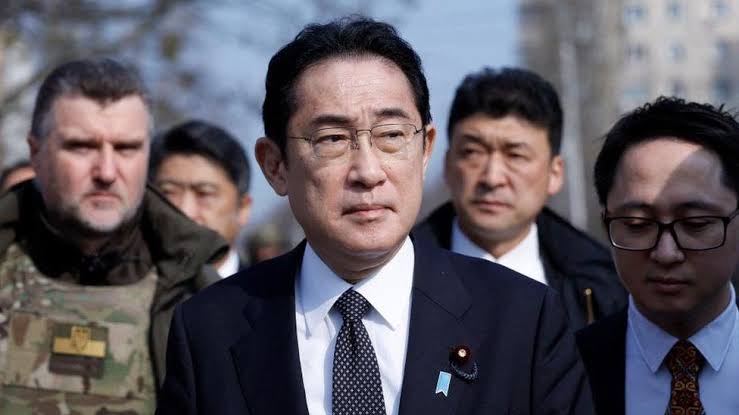Japan demands release of citizen detained in China over spying allegation

The government of Japan said Thursday it has called on China to release a Japanese businessman facing espionage allegations, confirming he was placed in criminal detention earlier this month, a step that could lead to his formal arrest.
The man in his 50s is an employee of Japanese drug maker Astellas Pharma Inc. and was initially held by Chinese authorities in March. He has been put under watch at a detention facility in Beijing, according to sources familiar with the bilateral ties.
China will decide whether to arrest him within 37 days from the start of the criminal detention.
“We are strongly calling for (his) quick release through various diplomatic channels and will keep doing so,” Japan’s top government spokesman Hirokazu Matsuno said.
In Beijing, Chinese Foreign Ministry spokeswoman Mao Ning acknowledged “compulsory measures” have been taken against a Japanese national suspected of violating China’s counterespionage and criminal laws, but Beijing will protect his legitimate rights and interests.
Stressing that foreign nationals who break the law in China will be prosecuted, Mao urged Tokyo to “remind its nationals to be aware of this,” saying similar cases have occurred repeatedly in recent years.
Japan’s concerns over his prolonged detention come as relations between the two Asian neighbours remain strained following the start in late August of Japan’s discharge of treated radioactive water from the damaged Fukushima nuclear power plant into the sea.
China, which has said the water is “nuclear contaminated,” has imposed a blanket ban on imports of Japanese seafood.
The Astellas Pharma employee was detained in March just before his scheduled return to Japan. The specific details of how he may have violated the counterespionage law and criminal code in China remain unknown.
According to other sources, after Japan’s commencement of the treated water release, Japanese people deemed as having close ties with Chinese political and business circles have increasingly come under scrutiny from Chinese authorities who are on the lookout for spies.
On July 1, a revised counterespionage law took effect in China, broadening the scope of what constitutes spying activities.
As the definition of national security remains unclear, the legislation has raised fears among expatriate and foreign business communities.
In China, it is customary for allegations concerning national security not to be released, and trials are closed to the public. Even after rulings are finalized, the details are usually not announced.
Since China’s counterespionage law first came into force in November 2014, 17 Japanese citizens have been detained for alleged involvement in spying activities. Five are still being held, according to the Japanese government.




